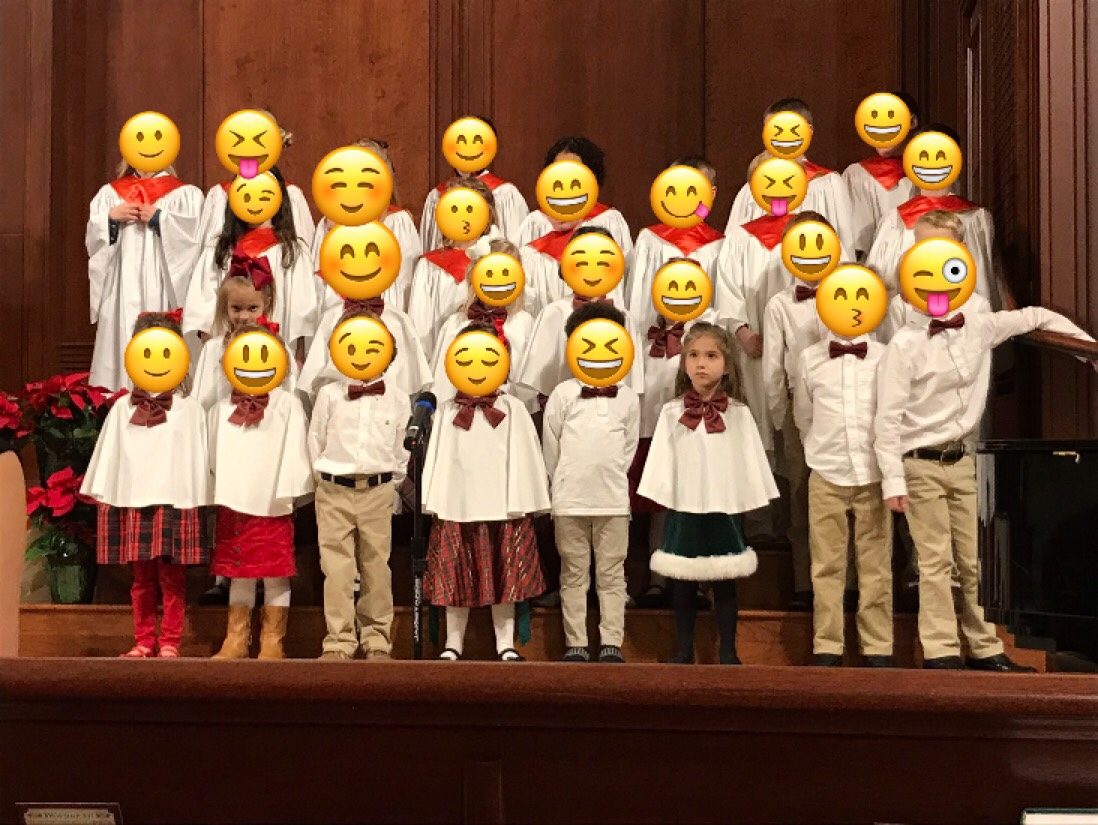Musical instruments are expensive. Music lessons are expensive. Is it possible to introduce your children to an education in music without making a major commitment? Here’s how our family is doing it.
Music is an important part of education
Many people that that music is an important part of any well-rounded curriculum. Almost every educational program includes music to some degree.
Perhaps I am a bit biased by my own upbringing, but I was raised in a household where musical literacy was an expectation, and I have the same expectation of my own children. My musical education is something about which I am sentimental. I don’t like to force my kids to do anything, but I do hope that they find as much joy in music as I have.
My plan is to go the traditional route. They will learn the piano first, and once I feel that they are old enough to know what other instrument (or instruments) they would like to learn to play, we can go from there.
At what age should formal music education start?
A family friend was generous enough to give my husband and I his piano when he downsized from a house to an apartment. I asked a local piano teacher at what age she recommended starting lessons.
Since learning to read music is very much like learning to read a new language, she says that it is best for them to master reading their native language before trying to learn to read music. This makes sense to me.
My oldest child is now able to read on her own, but I’m giving her until the fall to really master her reading skills before I put her into piano lessons. That means that none of my children are taking piano lessons yet. Does that mean we are putting their music education on hold? No, of course not!
A free music education for (almost) any age
A great way to introduce children to music is through singing. We are fortunate enough to be members of a church with a great music program. They have several choirs, including children’s choirs starting for children as young as 4 years old. Do you know another great thing about church music programs? They are free.
You thought I was going to say that it is an opportunity for the children to learn more about God and how to worship him with music, didn’t you? Yes, that is very important too. Okay, you’re right, it is more important than the fact that it is free. It is a good supplement to their Christian education and it is free! What more could you ask for?
Well, you could ask for it to be good. Many churches have excellent music education programs, and I’m proud to say that ours is one of them. You should look into the music programs at your church or other local churches. You might be surprised how high the quality of music education is.
Why should you put your kids in a church choir?
The benefits don’t end there. Being in the choir gives my children a chance to see their church friends more often. They learn discipline, how to follow directions and how to function as part of a group.
Occasionally they sing in a church service or program and this gives them an opportunity to learn how to sing in front of people. I know that it is a touchy subject in many churches, (especially for us Presbyterians) when the line between worship and performance can often be blurred.
Personally, I am unbothered by such distinctions. My children enjoy singing songs of worship to God and in the process sharing their hard work and talents with God’s people. The glorification of God is in no way diminished by our receiving blessings from our choirs, educational or otherwise.
